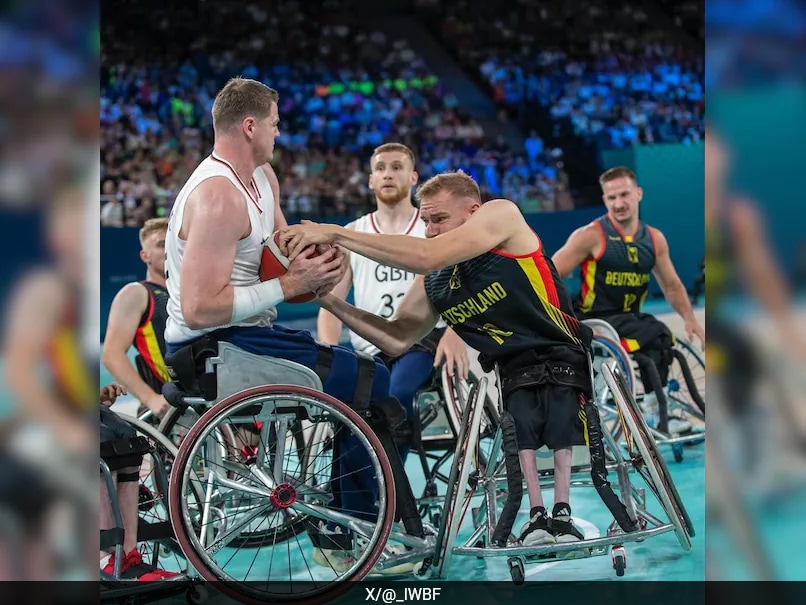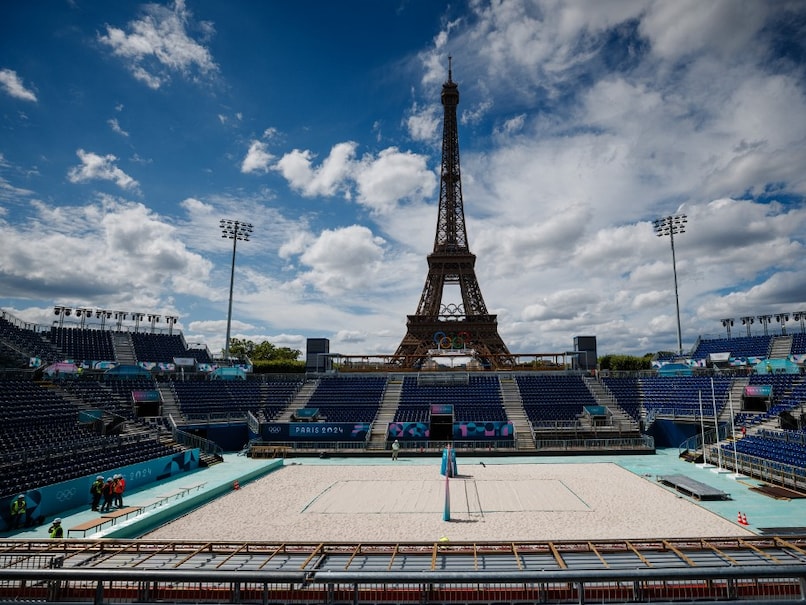Wheelchair Basketball: A Triumph of Resilience and Empowerment
Wheelchair basketball, a captivating sport that empowers physically challenged athletes, has gained immense popularity worldwide. With over 100 countries actively participating, it has become a staple in the Paralympic Games, showcasing the resilience and determination of these extraordinary individuals.
The origins of wheelchair basketball can be traced back to the post-World War II era, where it emerged as a therapeutic tool for injured soldiers. As these athletes sought to continue their passion for basketball, they adapted the game to accommodate their wheelchairs, giving birth to the sport we know today.
The International Wheelchair Basketball Federation (IWBF) governs the sport globally, recognizing its inception in 1945 between two hospitals in the United States. The International Paralympic Committee (IPC) further acknowledges its origins in 1946, developed by former able-bodied players who refused to let their disabilities hinder their love for the game.
Wheelchair basketball made its Paralympic debut in 1960 at the Rome Games, where the United States emerged victorious with two gold medals. Since then, it has become an integral part of the Paralympic program, inspiring countless athletes and captivating audiences worldwide.
The sport has evolved significantly over the years, with advancements in wheelchair technology and rule modifications enhancing its accessibility and competitiveness. Players are classified based on their functional abilities, ensuring fair and equitable competition.
Wheelchair basketball matches are played on a standard basketball court, with the same rules and objectives as the able-bodied version. However, certain adaptations are made to accommodate the unique challenges faced by wheelchair users. For instance, players are allowed to dribble the ball twice before taking a step, and the basket height is lowered to 10 feet.
The sport demands exceptional athleticism, requiring players to possess strength, agility, and strategic thinking. They must navigate the court with precision, execute skillful passes, and shoot with accuracy while maneuvering their wheelchairs.
Wheelchair basketball has not only provided a platform for physically challenged athletes to excel in sports but has also fostered a sense of community and empowerment. It has broken down barriers, challenged perceptions, and inspired countless individuals to embrace their abilities and pursue their dreams.


